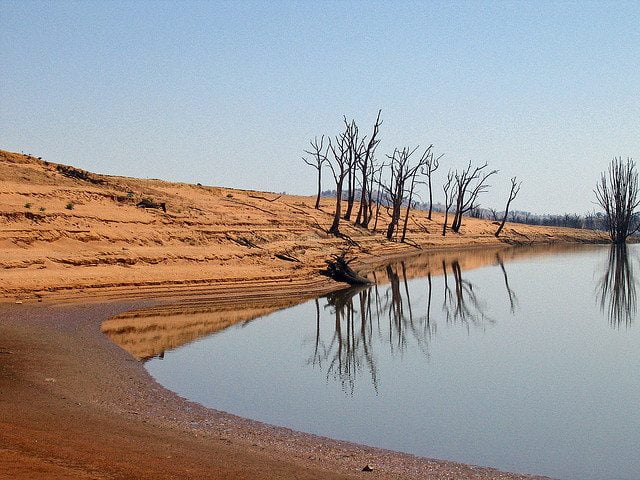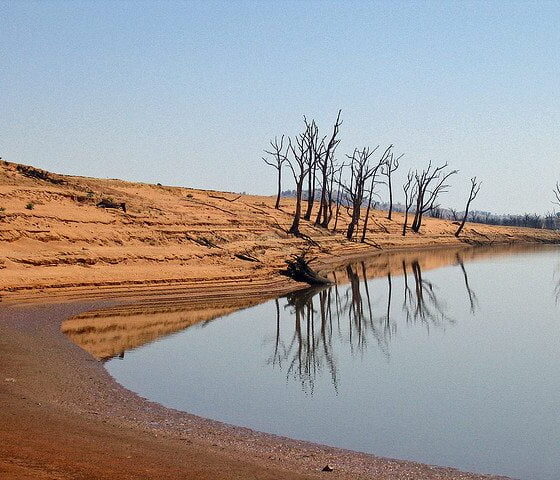

Environment
Summer weather extremes on the rise because of climate change
Climate change could be affecting circulation patterns in the atmosphere leading to more extreme weather events during summer, including heatwaves, according to new research from a team of scientists at the Potsdam Institute for Climate Impact and Research (PIK).
“The large number of recent high-impact extreme weather events has struck and puzzled us,” said Dim Coumou, lead author of the study.
“Of course we are warming our atmosphere by emitting CO2 from fossil fuels, but the increase in devastating heatwaves in regions like Europe and the US seems disproportionate.”
The study, which has been published in the Proceeding of the National Academy of Sciences, looked at global air motion in the mid-latitudes, which normally take the form of waves, known as Rossby Waves. As the waves swing north, they suck warm air from the tropics to Europe, Russia or the UK, and do the same thing with cold air from the Arctic when they swing south.
The research linked these waves to extreme weather events, finding that when the waves become stalled they amplify the weather effects. The researchers noted that whilst a few above average warm days would have little effect, prolonged periods of extreme weather could have a severe impact on ecosystems and people.
Stefan Rahmstorf, co-author of the study, commented, “Behind this, there is a subtle resonance mechanism that traps waves in the mid-latitudes and amplifies them strongly.”
The occurrence of a phenomenon in which certain resonance conditions are fulfilled, and is typically linked to extreme weather on the ground, has become twice as frequent since 2000. The theory and data in the study links this increase to warming in the Arctic, which is seeing temperature rise twice as fast as the rest of the globe.
Co-author of the study and director of PIK, Hans Joachim Schellnhuber said, “The melting of the ice and snow is actually due to our lifestyle of burning out unprecedented amounts of greenhouse gases from fossil fuels.”
The institute explained that as the Arctic warms more rapidly, the temperature difference in other regions decrease. Those temperature differences are a major driver of the atmospheric circulation patters that rule our weather. Schellnhuber added that the research illustrated how “delicately interlinked components in the Earth system are”.
Photo: Tim J Keegan via Flickr
Take our 2014 reader survey and you could win an iPad, Kindle or donation to a charity of your choice.
 Further reading:
Further reading:
Extreme weather and flooding dampen National Rail profits
National Trust: extreme weather led to worst tree damage ‘in a generation’
Extreme weather prompting Google searches on climate change
Half of 2012 extreme weather events linked to climate change, says study


 Environment12 months ago
Environment12 months agoAre Polymer Banknotes: an Eco-Friendly Trend or a Groundswell?

 Features11 months ago
Features11 months agoEco-Friendly Cryptocurrencies: Sustainable Investment Choices

 Features12 months ago
Features12 months agoEco-Friendly Crypto Traders Must Find the Right Exchange

 Energy11 months ago
Energy11 months agoThe Growing Role of Solar Panels in Ireland’s Energy Future






























